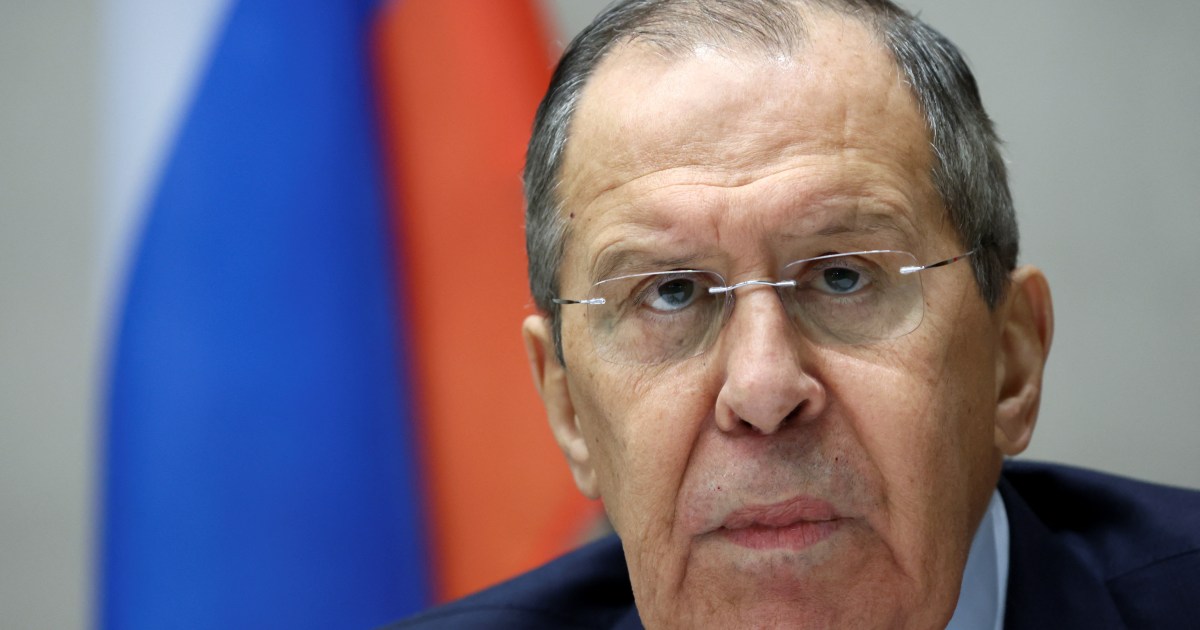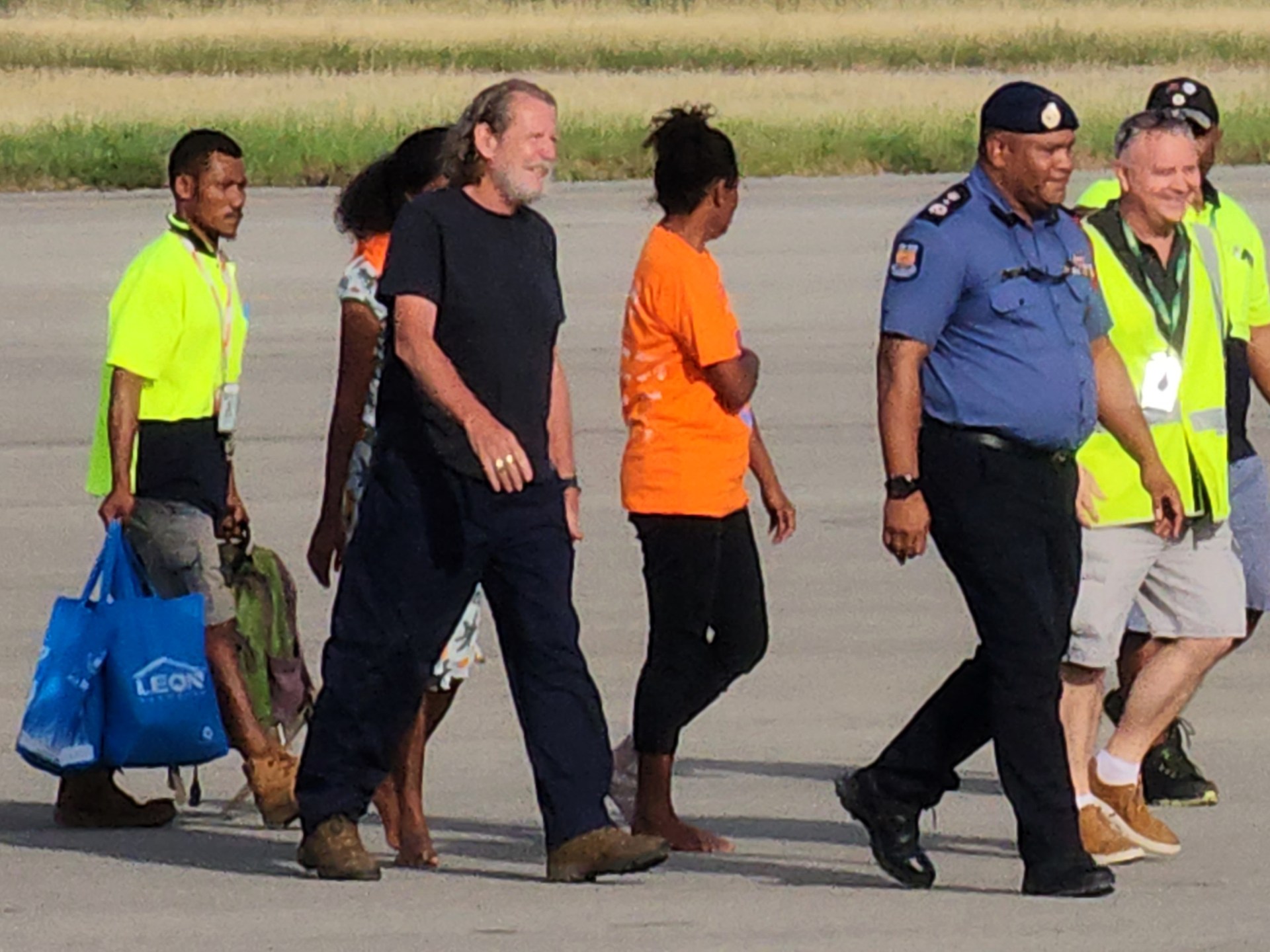After Biden’s warning, Russia says does not want war: Live news | Ukraine-Russia crisis News
Russia’s foreign minister has said Russia does not want a war after Washington warned Moscow may invade Ukraine next month.
Sergey Lavrov told Russian media on Friday that the Kremlin was not seeking conflict with Kyiv, but restated Moscow would not allow its security interests to be ignored.
On Thursday, the US and NATO responded to Russia’s sweeping security demands that were raised in December after Moscow built up troops near the border with Ukraine.
Primarily, Russia wants NATO to commit to permanently blocking Ukraine from becoming a member of the alliance.
Russia said the replies gave it little cause for optimism because there was “no positive response to the main question”, but could serve as a starting point for talks on “secondary questions”.
Here are all the latest updates:
Lavrov, Germany’s Baerbock to speak by phone: Report
Lavrov will talk by phone to his German counterpart Annalena Baerbock later today, Russia’s Interfax news agency reports.
Russia is keen for German regulatory authorities to give the green light to the controversial Nord Stream 2 gas pipeline despite the Ukraine crisis.
Read more on the long-touted energy infrastructure project here.
War only possible if Belarus or Russia attacked: Lukashenko
Belarusian leader Alexander Lukashenko has said that Minsk has absolutely no interest in a war and that conflict will only break out if Belarus or its close ally Russia are directly attacked.
Lukashenko made the remarks in a speech to lawmakers and officials. Moscow and Minsk are set to hold joint drills in Belarus to the north of Ukraine next month.
The Belarusian leader said the drills would help Minsk understand where it needed to concentrate forces and that Belarus had to protect its southern flank with Ukraine.
Hungary to seek more Russian gas, Orban says
Hungarian Prime Minister Viktor Orban has said he will seek to increase the amount of gas his country receives from Russia when he holds talks with Russian President Vladimir Putin next week.
“I would like to achieve at our talks that in the current difficult situation burdened with higher energy prices … the amount of gas available to us over the long run should be increased,” Orban told public radio.
Hungary, a member of the European Union and NATO, agreed a new long-term gas supply agreement with Russia’s Gazprom in August.
Orban, who faces what is expected to be a close-fought election on April 3, has dismissed calls from a unified opposition to cancel his visit to Moscow, scheduled for Tuesday.
Macron to seek clarity on Putin’s intentions, French FM says
French President Emmanuel Macron will try to assess whether Russian President Vladimir Putin wants “consultations or confrontation” over Ukraine when they speak by phone on Friday, France’s foreign minister has said.
Speaking to RTL radio, French Foreign Minister Jean-Yves Le Drian said the West still considered dialogue possible, but the ball was in Putin’s court.
“It is up to Vladimir Putin to say if he wants consultations or confrontation,” Le Drian told RTL radio, asking whether the Russian leader wanted to be a “destabilising power” or would seek deescalation.
Russian warships practice artillery firing in Black Sea
Russian warships have been rehearsing shooting at airborne and sea targets during exercises in the Black Sea to the south of Ukraine, the Russian ministry of defence has said.
The exercises involving 20 navy vessels began on Wednesday and are expected to wrap up on Friday.
They are part of a set of navy exercises taking place in numerous locations this month and next from the Pacific to the Atlantic.
Brace for Russian cyberattacks, UK warns businesses
The United Kingdom has warned big business to bolster defences against possible Russian cyberattacks as the Ukraine crisis rumbles on.
The UK’s National Cyber Security Centre (NCSC) said it was appealing to British organisations in response to “malicious cyber incidents in and around Ukraine”.
A cyberattack on Ukraine earlier this month warned Ukrainians to “be afraid and expect the worst”. Ukraine said Moscow was behind the attack, but the Kremlin denied any involvement in the incident.




